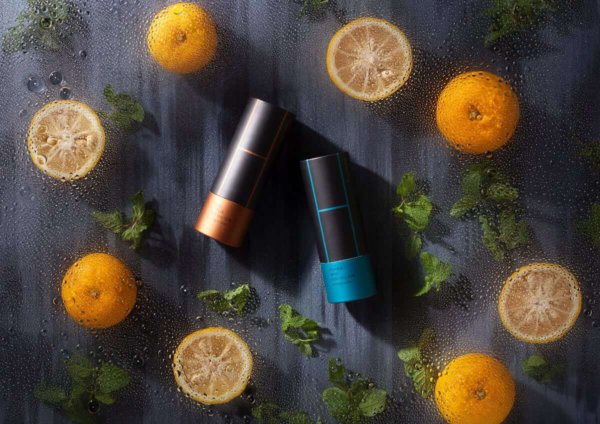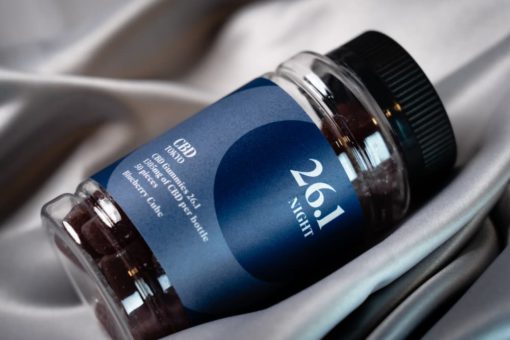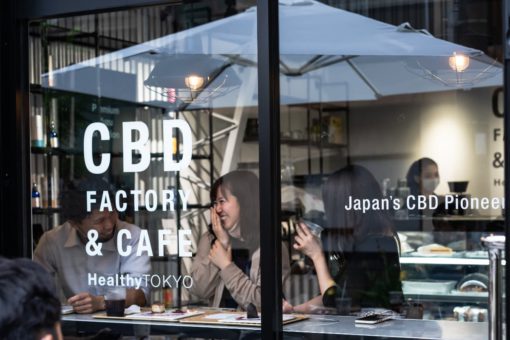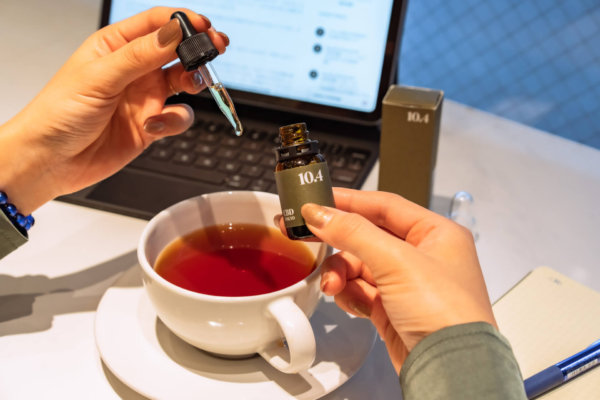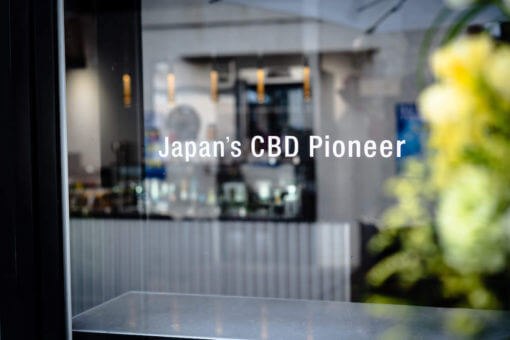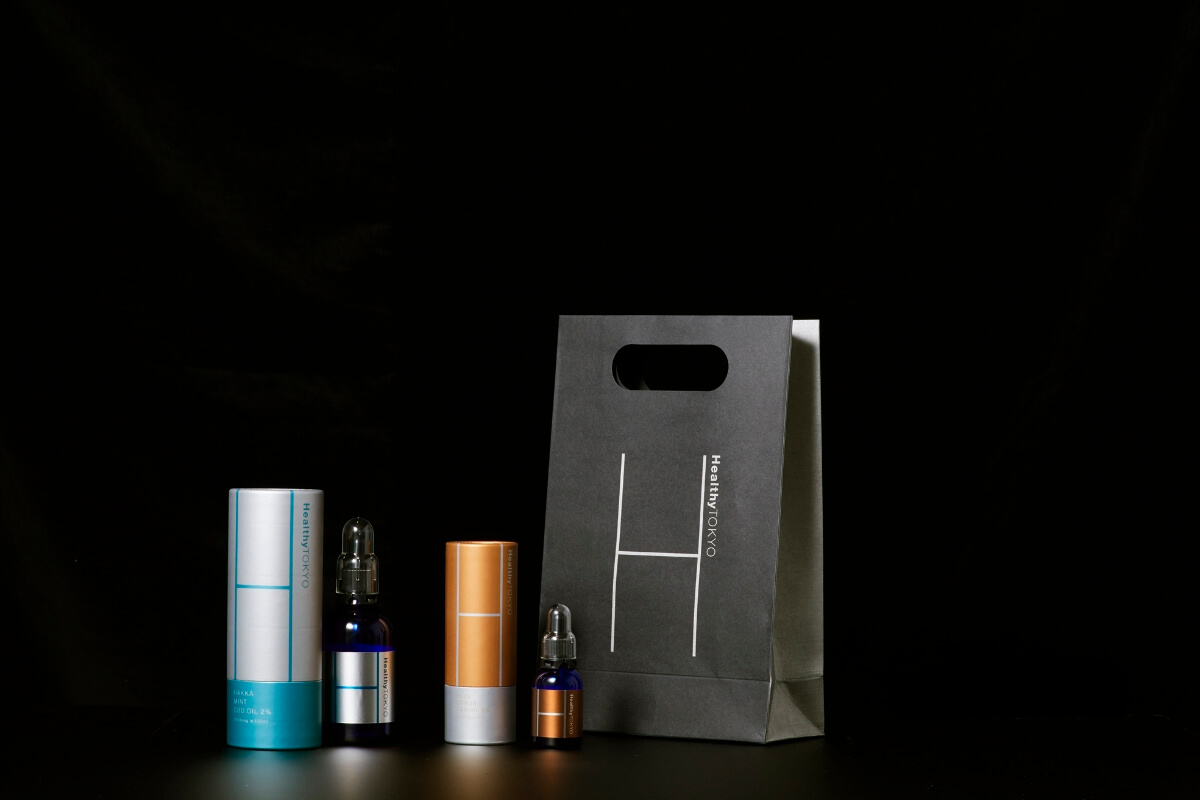Healthy Eating
Getting Glutened in Japan
No matter how vigilant we are as Celiacs, there will be a time when we become glutened in Japan. Unless you never leave your home, it will happen at one time or another. Gluten exposure is a frightening thing, so much so, that my own physician refers to it as “having an episode.” Much like having the flu, there is nothing you can do except let it run its course. Unlike the flu, a person with Celiac Disease is left with the anxiety and frustration of having damaged their body and wondering about long term consequences. So before writing about foods to try and restaurants to visit in Tokyo, it might be a good idea to be prepared to handle an “episode” should it happen.
Everyone reacts differently to ingesting gluten. Most people I have spoken to experience reactions in varying degrees of illness and duration. For those with a wheat allergy or non-celiac gluten sensitivity, symptoms usually begin within a few minutes after consumption, however the onset can take up to two hours. These symptoms range from mild to life threatening. Sometimes severe difficulty breathing, anaphylaxis, can also occur. Among Celiacs, the result is a reaction in the small intestine resulting in digestive, neurological and/or skin-based symptoms which may take several weeks to disappear. These symptoms include extreme fatigue or insomnia, confusion, vomiting, gastrointestinal problems and muscle and joint pain.
Whether or not you’ve been glutened before, you should take the same steps in Japan as you would at home. EZ GLUTEN, manufacturer of gluten testing kits provides a post-exposure self-care guide. They first suggest rest, to include naps during the day to give your body time to heal. This may be frustrating with a full itinerary of things to do. In the long run it is worth it. Also important is to stay hydrated. They recommend drinking something that replenishes your electrolytes. If you never tried Pocari Sweat because of its name, now is the time. Like Gatorade, it is great for hydration and can be found in convenience stores and most vending machines. Once your appetite returns, the “BRAT” (bananas, rice, applesauce and toast) diet is a good one to follow. Because the villi lining your small intestine have been damaged it is possible to become temporarily lactose intolerant. They suggest avoiding any dairy products. EZGLUTEN also warns against making important decisions or performing difficult tasks because of the neurological brain fog. Lastly, they recommend taking probiotics to restore your stomach flora and speed up digestion. If you don’t travel with probiotics, they are available on Amazon.co.jp shop in English.
Despite my vigilance, I was glutened in Japan during my last trip to Kyoto. The experience could have been a lot worse, but fortunately I had someone there to bring back precooked rice, hard boiled eggs and ginger ale from the kombini (convenience store). If you are visiting Tokyo by yourself there are several services in Tokyo that offer same day food delivery. These include Precce, Tokyu Store and National Azabu.
I took a full 24 hours of sleep and was soon well enough to board the shinkansen for my return to Tokyo. I tend to have many issues with muscle and joint pain from gluten cross contamination, so I scheduled a series of body work services to include massage and acupuncture. It is so important to take the time for self-care by doing whatever makes you relaxed and happy.
My favorite place for massage and cupping, MEADOW (info@meadow-jp.com) is in Aoyama. The practitioner, Chiaki, is a lovely woman who explains everything she is doing in English. I always leave there feeling wonderful. Another great self-care experience can be found at FLOW Acupuncture & Osteopathy in Minami-Azabu. Taka, a nationally certified acupuncturist is also bilingual. He listens carefully and addresses your concerns in English. I have searched these places out because of my lack of Japanese speaking ability. If you speak Japanese, there are hundreds of places to get outstanding body services in Tokyo.
Lastly, if you are feeling anxious and depressed from getting glutened in Japan, I believe that Tokyo is a wonderful place to be. Once you are feeling well enough there are endless distractions to help you forget about what has just happened. No doubt you already have an itinerary of things you want to see and do. I think for many of us, it feels like such a setback when gluten exposure occurs. I like to think each “episode” makes me more vigilant and appreciative of the days when I am feeling well. The recovery time from my last exposure was a rather quick 5 or 6 days when I followed these self-care suggestions. That said, I was carrying around an amulet purchased at a shrine promising “speedy recovery from illness.” Getting glutened in Japan is not for the faint of heart. I will take any help I can get.


